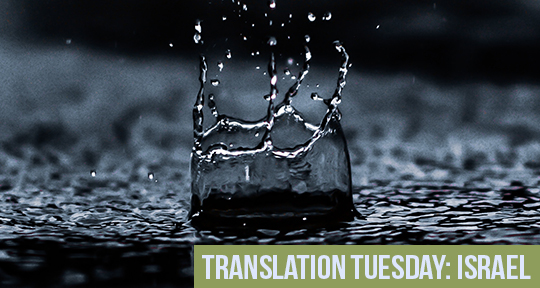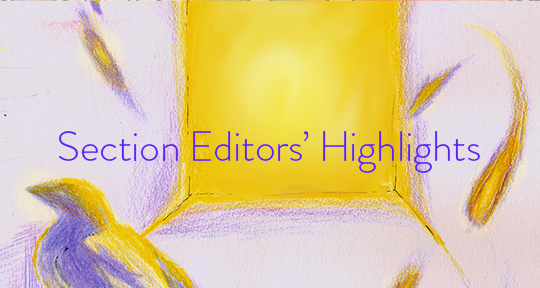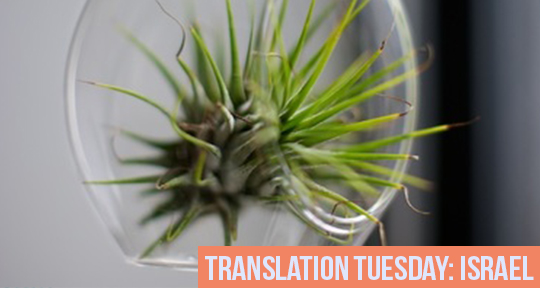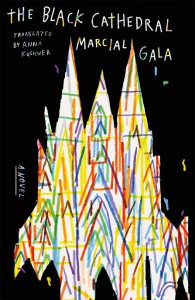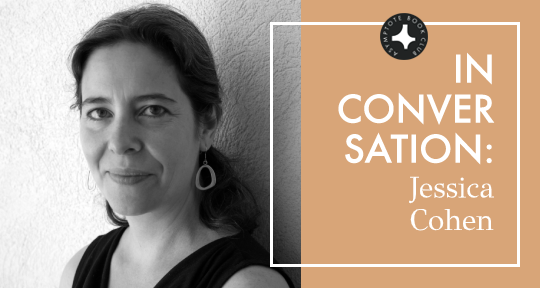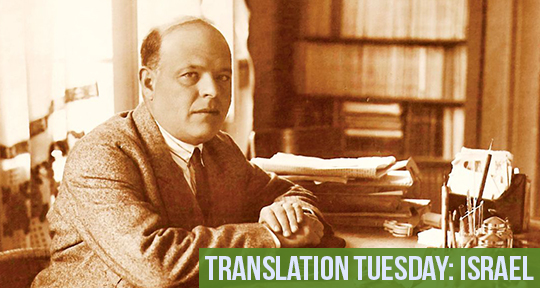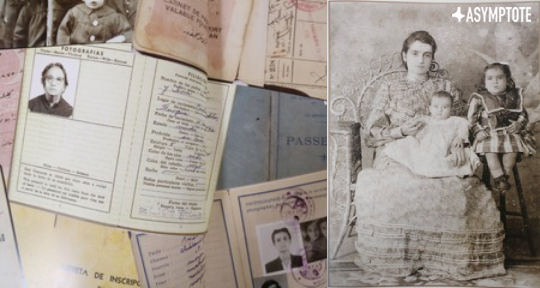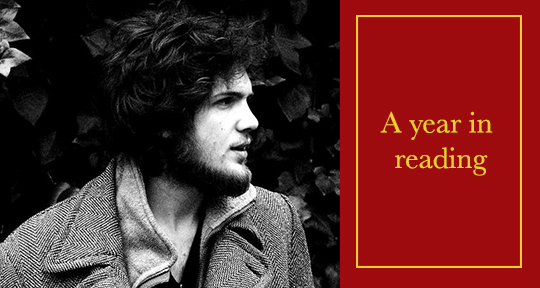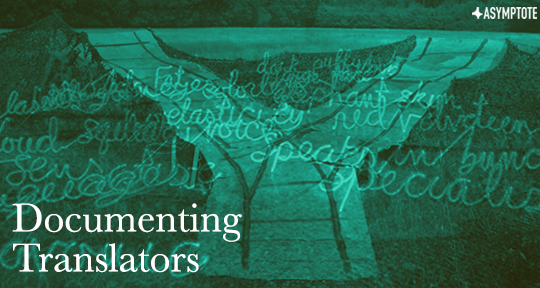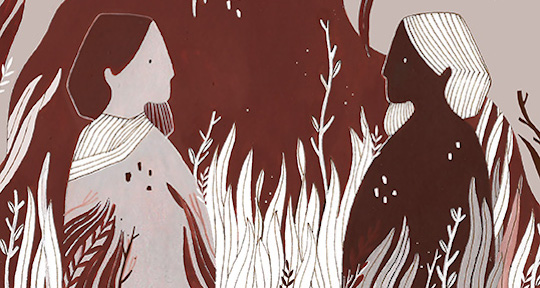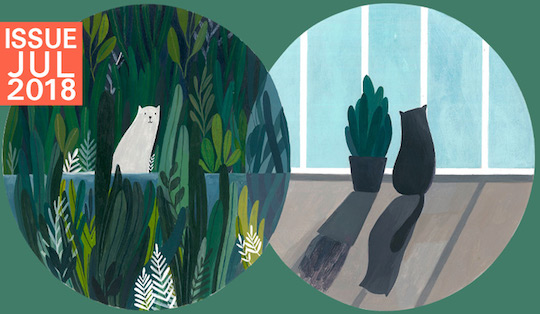A woman’s impious plea for rain yields calamity in Merav Zaks-Portal’s short story “Happy Now?”, our pick for this week’s Translation Tuesday. Drawing upon the Talmudic story of Ḥoni HaMe’aggel’s rain prayer, our protagonist ensconces herself within her own circle of protest in hopes of similarly ending a drought. Our protagonist’s lofty but aggrieved voice accentuates the story’s humour, though it also provides an ironic moral lesson, cleverly toying with the cliché when it rains, it pours. We’re also treated to a more concrete lesson: never leave your stove unattended.
They sent this message to Ḥoni HaMe’aggel: Pray, and rain will fall. He prayed, but no rain fell. He drew a circle in the dust and stood inside it
(Taanit 23a, The William Davidson Talmud)
I stir in the electrified air all around me. Prickles in my hands hint at coming rain. I lubricate my raspy throat with my tongue and wait. Wailing birds zigzag in the sky, carving across the canopy of blue hung out to dry by some careless housewife, pockmarked with cloud droppings. Electricity tingles in my hands, legs, bristling the blonde spikes of hair I’d pampered myself with. The news cricket claims the lack of rain is here to stay. Unless something drastic happens, he stresses in his tele-prompter voice, this will be declared a drought year. I entwine, then, abandon an onion to the fire, and go out to the garden to ring-a-ring o’ roses.
The earth is scorched, a cat pants in the shade, its tongue lolling. Wild pansies despairingly clasp each other in a flowerpot. With my kitchen knife, I lovingly draw a generous circle. I will remain inside, like Honi the Circle-Maker. Pleading, I will remain here until the heavens yield, cleave, bring a downpour on our heads. Honi, I beg, throw us a hint, grant me some wisdom. What am I, a long-haired, narrow-minded woman, to do? But Honi is silent, not a word, and I am still encircled, and the sun climbs the ladder of hours in sticky, yolky-yellow, stopping for nothing. And why would the sun, that son of a bitch, even care about some Honi-woman stranded in a circle, begging for rain, just a little, even a crumb, so she can go inside and weave back the day that was suddenly undone by the resolute-toned radio transistor. “Here is the news.”
READ MORE…

